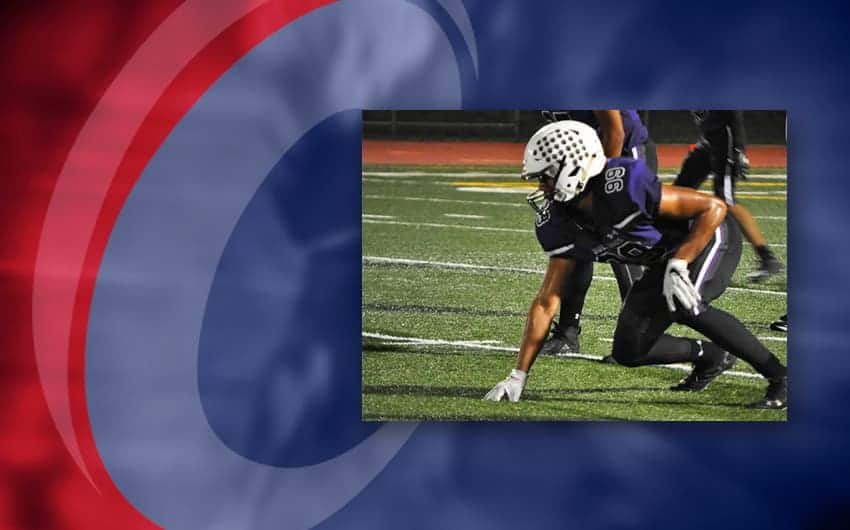There has been a relatively recent trend of youth athletes specializing in a single sport, and a lot of discussion around the potential benefits/risks associated with this trend. Many parents buy into the idea that if their child plays one sport year-round, he/she will reach elite-level status within that sport. After all, more sport-specific training is better than less, right?
Several studies have investigated the effects of early sport specialization, and they pretty much all come to the same conclusion: specializing in one sport at a young age will not lead to a more elite-level athlete. In fact, looking at professional and DI levels show the opposite; they were multi-sport athletes, many even at the high school level. Take Kyler Murray, for instance, who became the first athlete to be drafted in the first rounds of both the MLB and the NFL.
Now, that isn’t to say that if your child plays multiple sports that they will be drafted to multiple professional leagues. However, the overall trend in elite-level athletes is that they didn’t specialize until late adolescence (typically around high school-age). For example, the average age of specialization among MLB players was found to be 14 years-old.
Playing multiple sports at the youth level may also decrease risk of chronic injury. One study looked at collegiate-level ice hockey players, and found that those who had been highly-specialized from a young age were experiencing higher levels of hip/groin pain and dysfunction. Multiple sports means multiple movement patterns. If you put the same pattern of stresses on the body year-round, there is bound to be some wear-and-tear. Developing neuromuscular skills for injury prevention is also critical for the youth athlete, which is achieved with diversifying their sport experiences.
So have your baseball enthusiast try soccer instead of fall ball, or your hockey player give lacrosse a try in the spring. The diversity in movement patterns and skills will not only develop them into a well-rounded athlete, but will also lower their risk of injury down the line.
Jenna Janadi is an Athletic Trainer at Compete Sports Performance and Rehab in Orange County, CA.
Sources:
https://www.ncbi.nlm.nih.gov/pmc/articles/PMC7092410/
https://pediatrics.aappublications.org/content/142/3/e20180657.long

